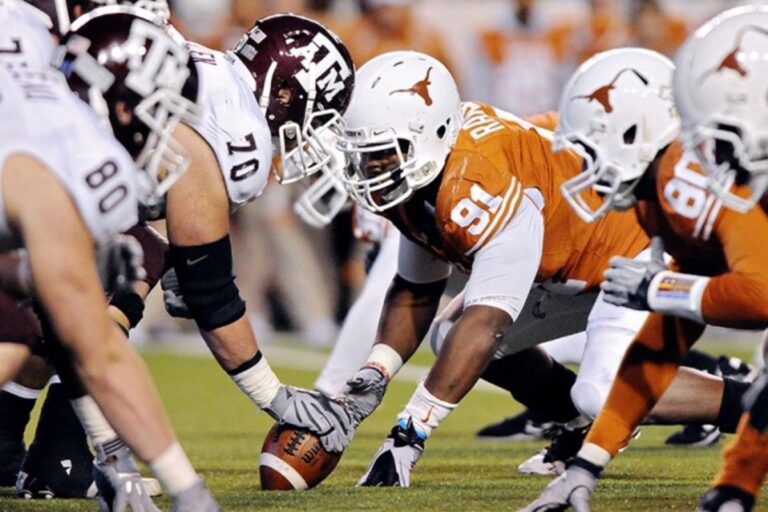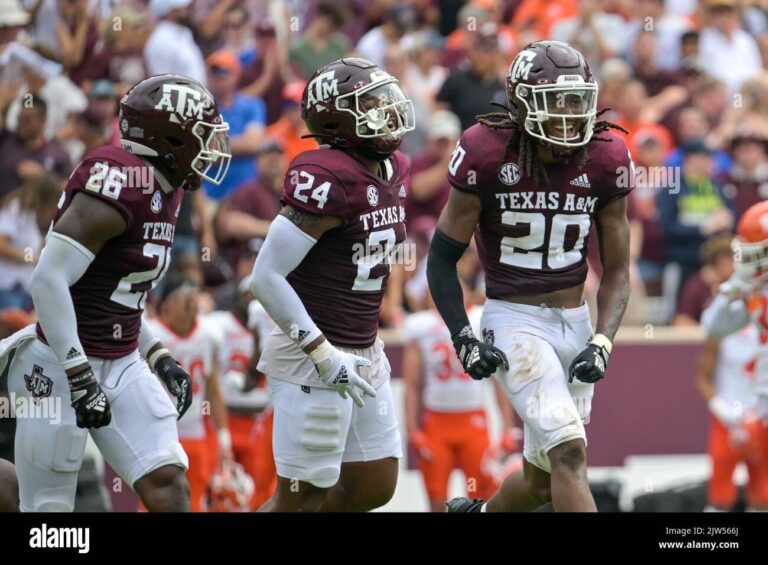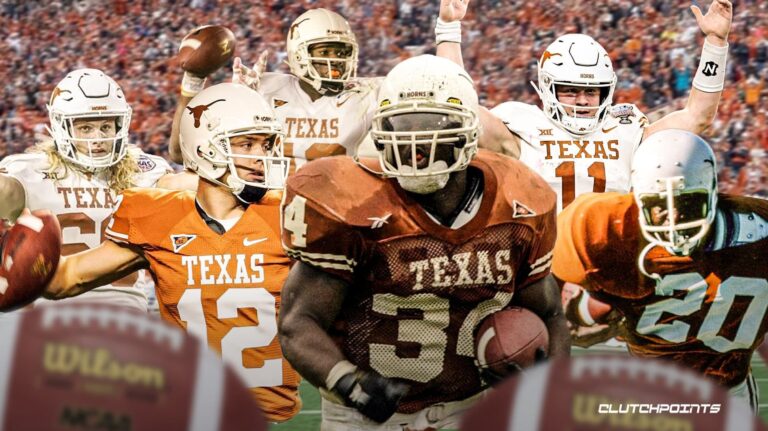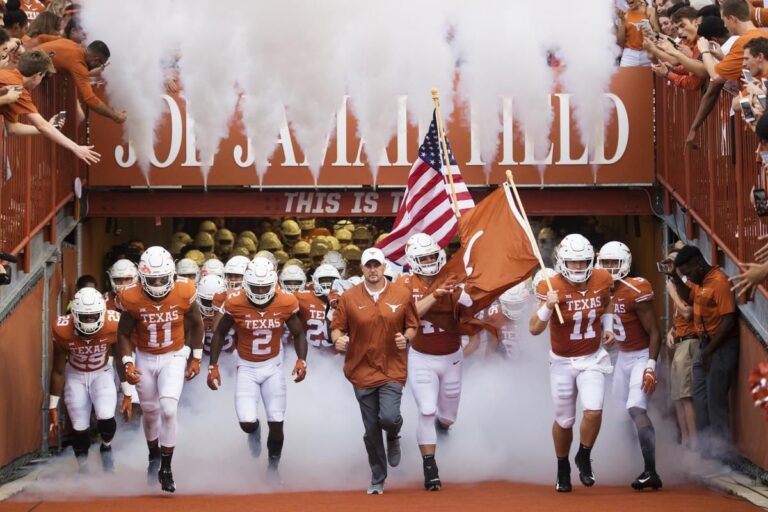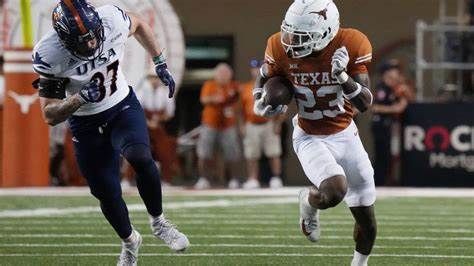Dallas Cowboys: America’s Team and Its Impact on Football Culture
Introduction to the Dallas Cowboys – America’s Team and a Cultural Icon
The Dallas Cowboys are one of the most iconic franchises in the history of the National Football League (NFL). Since their founding in 1960, the Cowboys have transformed from a regional Texas team into a nationally and globally recognized brand, proudly bearing the nickname “America’s Team.” Their star-studded roster, flashy style of play, and consistent on-field success have earned them millions of fans. However, it’s not only their victories or players that make the Cowboys legendary—their influence extends deep into American football culture and beyond, shaping fan engagement, marketing, and global recognition of the NFL.
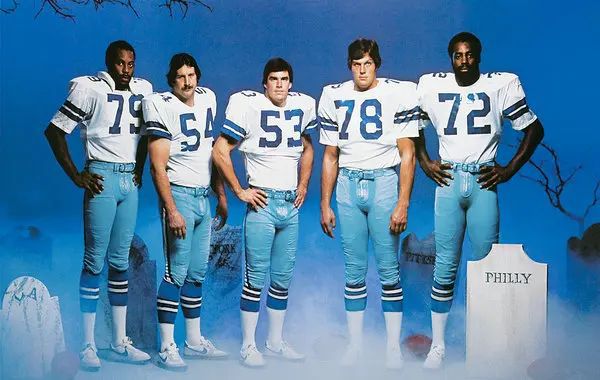
Why Are the Dallas Cowboys Called “America’s Team”?
The nickname “America’s Team” first emerged in 1978, when NFL Films coined the term to capture the Cowboys’ widespread appeal. Unlike other teams rooted in a specific city or state, the Cowboys have grown into a national phenomenon, their games watched by millions across the United States. Their silver-and-blue uniforms, the famed Lone Star logo, and their dynamic roster featuring charismatic players helped cement their place in American sports culture. The moniker “America’s Team” symbolizes the Cowboys’ popularity and reach, making them a beloved team not just for Texans but for fans across the entire country.
How the Dallas Cowboys Shaped Football Culture
1. Branding and the Birth of the NFL’s Most Recognizable Logo
The Dallas Cowboys were among the first NFL teams to treat their team logo and image as a brand. The Lone Star logo on their helmets is one of the most recognizable symbols in sports, and the team’s branding strategy has been emulated by other franchises. From custom merchandise to their iconic stadium, everything associated with the Cowboys exudes an aura of prestige and style. The Dallas Cowboys brand became so powerful that it transcended football, influencing fashion, culture, and how other NFL teams viewed their marketing potential. Their approach has inspired other teams in sports worldwide to think beyond the field and consider their team identity as a brand that can reach broader audiences.
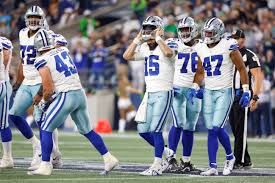
2. Building a Loyal, Nationwide Fan Base and the “Cowboy Mystique”
The Dallas Cowboys have one of the most dedicated and widespread fan bases in sports. Known for their passionate and loyal supporters, the Cowboys have built a following that spans coast-to-coast and crosses generational lines. Fans of all ages proudly wear Cowboys gear and celebrate the team’s victories, win or lose. This “Cowboy Mystique” captivates fans with the idea that the Cowboys represent resilience, charisma, and success. Their fans see the team as more than just a franchise; they view them as a symbol of American pride and dedication. The Cowboys’ national reach means that they are often one of the most-watched teams, with millions tuning in for every game. This loyal fan base has played a significant role in cementing their status as “America’s Team.”
3. Pioneering Sports Marketing and Broadcasting in the NFL
The Cowboys were early innovators in sports marketing, helping to make NFL football a central part of American television. In the late 1970s and early 1980s, the Cowboys’ games became a staple of national broadcasts, exposing them to millions of fans across the country. Recognizing the power of television, the team invested in high-quality broadcasts, which helped set them apart. They were also one of the first teams to capitalize on lucrative sponsorships and endorsements, transforming NFL marketing strategies. The Cowboys’ approach to marketing has since become a blueprint for other teams, demonstrating the impact of media visibility on fan engagement and revenue.
4. The Globalization of Football and the Cowboys’ Role in Expanding the NFL’s Reach
The Cowboys’ influence extends beyond American borders, helping to popularize NFL football globally. The team has frequently played in international games, including appearances in Mexico and London, introducing new audiences to the NFL. Their brand’s international appeal has made the Cowboys the face of American football for many fans around the world. This international reach has encouraged the NFL to expand its vision beyond the U.S., leading to regular season games in international markets and sparking a global interest in American football. The Cowboys have been instrumental in making football not just an American pastime but a global sport.
The Cultural Legacy of the Dallas Cowboys
1. Pioneering the Modern NFL Cheerleader
The Dallas Cowboys Cheerleaders became iconic in their own right, setting the standard for NFL cheerleading squads and creating a significant impact on sports entertainment. Known for their choreographed routines, striking uniforms, and professionalism, the cheerleaders have become an integral part of Cowboys’ game-day experience. They not only contribute to the Cowboys’ image but have also influenced pop culture, appearing in movies, TV shows, and various public events. The Dallas Cowboys Cheerleaders have shaped perceptions of cheerleading in professional sports, emphasizing athleticism, style, and entertainment.
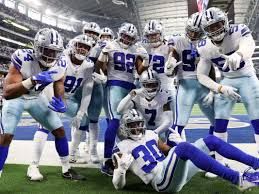
2. Shaping Fashion and Pop Culture
The Cowboys have had a unique impact on fashion trends, with their star logo becoming a staple in sports apparel. From jerseys and hats to high-fashion collaborations, the Cowboys’ merchandise is worn by fans and celebrities alike, contributing to a pop-culture phenomenon. Their influence even extends into non-sporting arenas, as the Cowboys brand and style have become symbols of American sports culture. The combination of style and athleticism has solidified the Cowboys’ place not only as a football team but as a cultural icon.
3. Promoting Core American Values and Resilience
The Cowboys’ success story embodies values like resilience, ambition, and excellence, resonating with the American ethos. The team’s pursuit of success on the field has been matched by its willingness to innovate and take risks off the field, making them a model for aspiring athletes and entrepreneurs alike. Their journey represents the American spirit of striving for greatness, which continues to inspire fans and communities. For millions, the Cowboys stand for more than just football; they represent a mindset of determination, passion, and pride.
Conclusion
The Dallas Cowboys’ impact on football culture is profound and lasting. As “America’s Team,” they have become a symbol of pride, passion, and resilience, setting benchmarks in branding, fan engagement, and cultural influence that other teams strive to follow. They’ve redefined what it means to be an NFL team, blending sportsmanship with entertainment, fashion, and lifestyle, creating a brand that resonates far beyond the field. The Cowboys’ influence continues to grow, shaping not only how fans connect with football but also how football is viewed and celebrated around the world.

